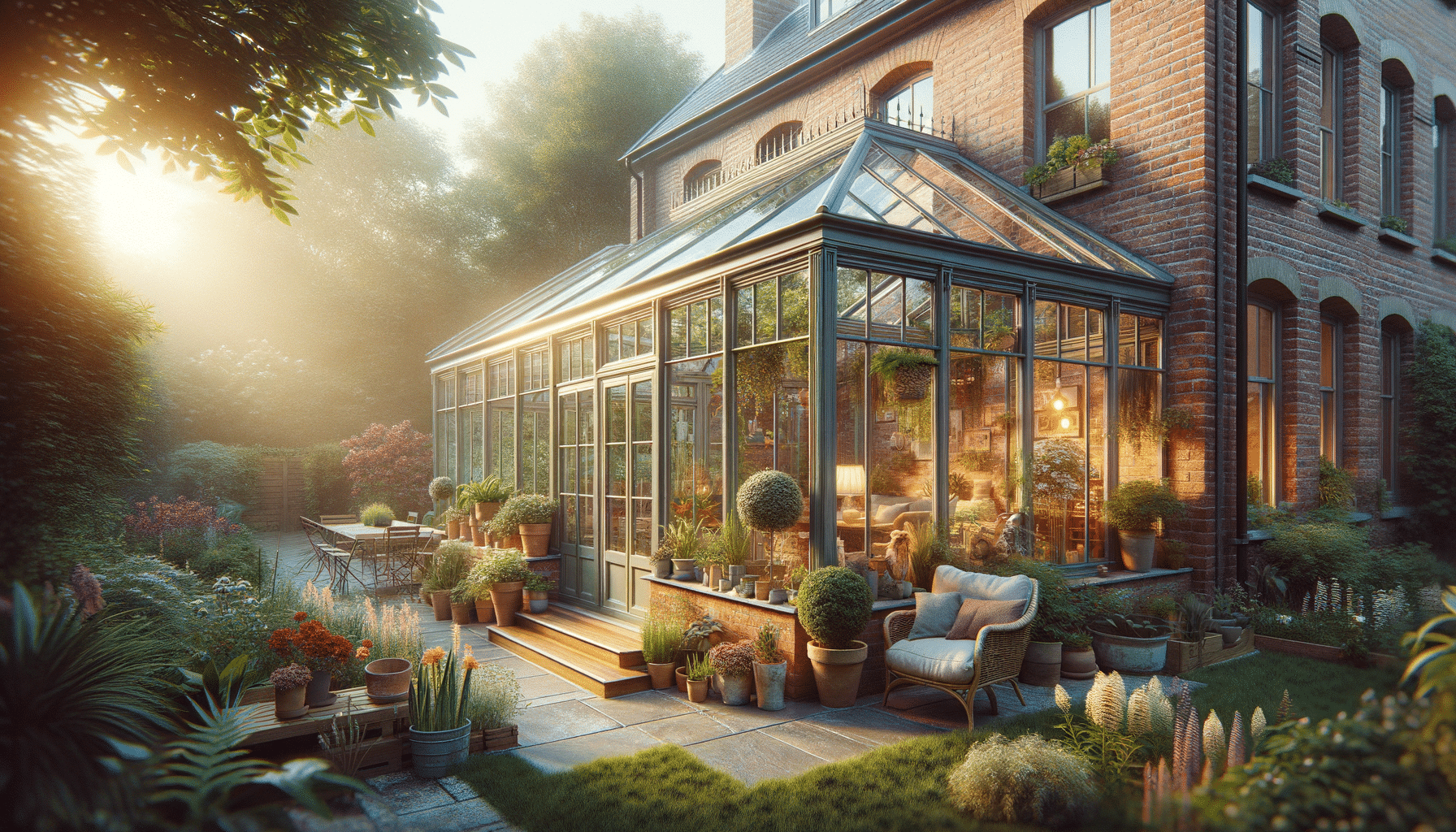
Conservatory vs. Sunroom: Which Extension Adds More Value to Your Home?
Introduction to Home Extensions: Conservatories and Sunrooms
In today’s real estate market, enhancing your home’s value and functionality is more important than ever. Home extensions like conservatories and sunrooms have become popular options for homeowners looking to add space and style. These extensions not only provide additional living areas but also increase the overall appeal of a property. However, deciding between a conservatory and a sunroom can be challenging. Both options offer distinct features, and understanding these differences is crucial in making an informed choice that aligns with your lifestyle and investment goals. This article will delve into the characteristics of each extension, helping you determine which one adds more value to your home.
Design and Structural Differences
When considering a home extension, understanding the design and structural differences between a conservatory and a sunroom is essential. A conservatory is typically characterized by its glass walls and roof, which allow for ample natural light and a seamless connection with the outdoors. This structure often features a traditional design, complementing a wide range of architectural styles. On the other hand, a sunroom is designed to be an extension of the home, with walls that match the existing structure and large windows or glass panels. This provides a more solid and insulated option compared to the glass-heavy conservatory.
These design elements impact both the aesthetic and functional aspects of the extension. A conservatory offers a more open and airy feel, ideal for those who enjoy basking in sunlight and being surrounded by nature. Conversely, a sunroom provides a comfortable, temperature-controlled environment that can be used year-round. The choice between these designs depends on personal preference and the intended use of the space.
Comfort and Usability
The comfort and usability of a home extension are vital considerations for homeowners. Conservatories, with their glass construction, can sometimes pose challenges in terms of temperature regulation. They may become too hot in the summer and too cold in the winter without proper insulation and ventilation. However, modern design innovations have introduced options like double glazing and thermal blinds, making conservatories more comfortable throughout the year.
Sunrooms, in contrast, are generally better insulated due to their solid walls and integrated heating and cooling systems. This makes them suitable for year-round use, providing a cozy retreat regardless of the weather. Homeowners who prioritize comfort and consistent usability might lean towards a sunroom for its practicality.
Cost and Value Considerations
The financial aspect of adding an extension to your home is a critical factor in the decision-making process. Conservatories are often considered a less expensive option due to their simpler construction and materials. However, the cost can vary based on size, design, and additional features like heating and cooling systems. Despite the initial investment, conservatories can add significant value to a property by enhancing its appeal and providing additional living space.
Sunrooms, while potentially more expensive due to their construction and insulation requirements, offer a solid return on investment. They are often seen as a more permanent addition to the home, blending seamlessly with the existing structure and increasing property value. Homeowners should weigh the initial costs against the long-term benefits and potential increase in property value when deciding between these two options.
Conclusion: Making the Right Choice for Your Home
Choosing between a conservatory and a sunroom depends on various factors, including personal preferences, budget, and the intended use of the space. Both extensions offer unique benefits, and the right choice will ultimately enhance your home’s comfort, style, and long-term value. A conservatory is ideal for those who appreciate a light-filled, nature-connected space, while a sunroom is perfect for homeowners seeking a versatile, year-round living area. By considering design, comfort, cost, and value, you can make an informed decision that aligns with your lifestyle and enhances your property’s appeal.


